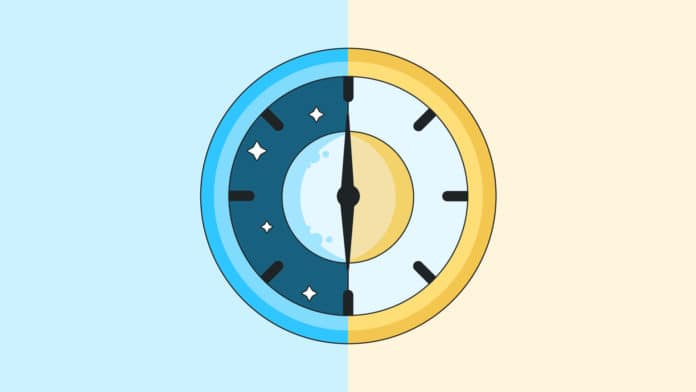Circadian rhythms, or the body clock, confer temporal structure on human behavior and physiology to align homeostatic processes with anticipated environmental changes. Disruption of these rhythms can influence health and well-being.
According to scientists from the University of Pennsylvania, the systems that generate circadian rhythms diverge between the sexes.
A past study has suggested that humans and other animals have more than one kind of bodily rhythm. Along with circadian rhythm, humans have rhythms that control breathing, the shedding of skin, and the heart rate—to name just a few.
Circadian rhythm has such an observable impact on our daily lives; it controls when we go to bed and wake up. It also is involved in metabolism.
In this new study, scientists looked at studies to learn more about the circadian rhythm. While doing so, they found that age and sex “substantially affect” body clocks.
Notably, they found that women, in general, tend to be morning people, while men are more apt to be night people. They also found that women are more resilient to disruptions of their natural circadian rhythm.
Women tend to be more active during the day, a pattern that is also common in children. They are less energetic than men at night, however. And they found that women spend more time sleeping and, while sleeping, spends more time slow-wave deep sleep than men. They were also more resilient to disturbances while they were sleeping. Men, on the other hand, were found to be more likely to take afternoon naps.
However, scientists did not found any reasons for the differences in circadian rhythms between the genders. But, they think it has to do with the maternal role women have traditionally played—it would seem natural for them to have a circadian rhythm in tune with their offspring.
One such study found that females had higher-amplitude rhythms in their cognitive tests performance that assess working memory, attention, effort, mood, and sleepiness. Along with a higher-amplitude rhythm in the sleep-promoting hormone melatonin, this increased amplitude in cognitive processing resulted in females experiencing a more significant deficit during the biological night than their peak functioning time.
Journal Reference:
- Seán T. Anderson et al. Sexual dimorphism in body clocks, Science (2020). DOI: 10.1126/science.abd4964
